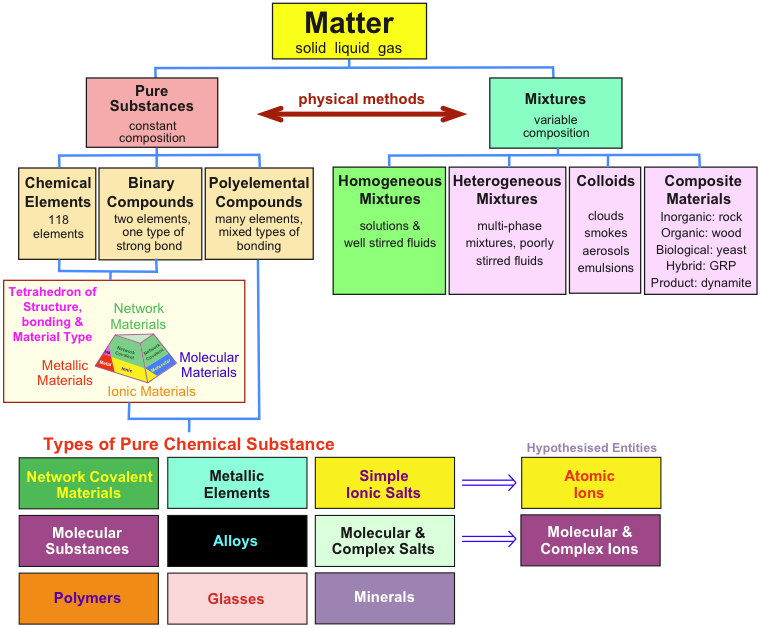Zombie Materialism IV: Performative Materiality and Media Archaeology
 Tuesday, March 4, 2014 at 4:28PM
Tuesday, March 4, 2014 at 4:28PM (The following is taken from a text called ‘What are the Digital Posthumanities?’. It forms the basis of a chapter of a book I am currently working on, the provisional title of which is Pirate Philosophy. Zombie Materialism I: Derrida vs Deleuze? is available here, Zombie Materialism II: New Materialism here, and Zombie Materialism III: From Materialism to Materials here.)
If we are not to replicate the problems Ingold is in fact identifying in the literature in anthropology and archaeology on material culture - that it actually has surprisingly little to say about materials; that for all its emphasis on the material this literature is more involved with language, writing, theory and philosophy; and that ultimately it reinforces, rather than challenges, the polarity between the material and immaterial, nature and culture – we need to take a great deal of care when it comes to bringing a processual and relational analysis of this kind to bear on approaches associated with the materialist turn in the humanities: neo-materialism, media archaeology, object-oriented philosophy, speculative realism and so on. Why do I say this? Let me take as a brief example Johanna Drucker’s theory of performative materiality, especially as it is articulated in relation to a reading of media archaeology that emerges from two of her recent texts: ‘Understanding Media’, a review essay on Craig Dworkin’s book No Medium; and ‘Performative Materiality and Theoretical Approaches to Interface’. (Media archaeology is of particular interest in this context because, as Drucker makes clear, ‘materiality not only matters in media archaeology’ it is ‘the very subject of study’.)
In ‘Materials Against Materiality’ Ingold emphasizes it is extremely:
significant that studies of so-called material culture have focused overwhelmingly on processes of consumption rather than production. For such studies take as their starting point a world of objects that has, as it were, already crystallized out from the fluxes of materials and their transformations. At this point materials appear to vanish, swallowed up by the very objects to which they have given birth. That is why we commonly describe materials as ‘raw’ but never ‘cooked’ – for by the time they have congealed into objects they have already disappeared. Thenceforth it is the objects themselves that capture our attention, no longer the materials of which they are made. It is as though our material involvement begins only when the stucco has already hardened on the house-front or the ink already dried on the page. We see the building and not the plaster of its walls; the words and not the ink with which they were written.
It is not difficult to see how a similar conclusion could easily be reached with regard to both: Friedrich Kittler’s concern with the way the physical materiality of ‘real’ consumer media objects such as the gramophone, film and typewriter ‘shaped the very conceptions of literary forms and formats’ (Kittler of course being one of media archaeology’s key influences, even if he never embraced the term himself); and the importance that has subsequently been attached to how the ‘grooves of a wax recording or vinyl record are conceived and understood as writing, thus embodying an epistemological model’ and the reading of that ‘model from the physical artefact, rather than reading the artifact for what it contains’.

The latter is a characteristic media archaeological position, according to Drucker in ‘Understanding Media’. It is one she very much associates with those such as Wolfgang Ernst, Jussi Parikka and Lisa Gitelman who are currently following in Kittler’s tracks by studying the ‘particular material nature’ of media. On this basis it could be shown that what we are confronted with here are media archaeological studies that, to repeat Ingold’s words, ‘take as their starting point a world of objects that has… already crystallized out from the fluxes of materials and their transformations’, and from which the materials do indeed ‘appear to vanish, swallowed up by the very objects to which they have given birth.’
I should stress that it is not my intention to imply Drucker has been influenced by Ingold's account of the ‘dead hand of materiality’ when writing either of these essays. (If she has she certainly does not refer to him or his work.) I am simply taking her reading of media archaeology as an example. For it seems to me to be not so very far away from the kind of analysis that might very well be produced if we were to try to simply apply Ingold’s critique of materiality to those discourses in the humanities that are associated with new materialism. This can be seen from the way Drucker, in her essay on ‘Performative Materiality’, makes a move very similar to that of Ingold when he distinguishes between the objects of the material world of material culture theorists, on the one hand, and the properties of materials that are processual and relational and regarded as constituents of an environment on the other. In Drucker’s case the distinction that is made is between media archaeology and its emphasis on the material attributes of objects, artifacts and entities, and a perspective that presents the materiality of media more in terms of instability and flux:
Some of the media archaeology approaches to studying in an archaeographology, to use Wolfgang Ernst’s term, reinscribe digital media in an entity-driven approach that is both literal (code as inscription) and virtual (code as model) (Parikka, 2011). These counteract the model of immateriality, though they do not replace it with a concept of digital flux, or of material as an illusion of stability constituted across instabilities...
Certainly it is tempting to view Drucker’s efforts to extend an ontological understanding of material things based on their properties and capacities, with a performative dimension that ‘suggests that what something is has to be understood in terms of what it does, how it works within machinic, systemic, and cultural domains’, as being capable of leading to a far more subtle and nuanced theory of materiality and materials than media archaeology’s entity-driven approach. And all the more so given Drucker makes the above point concerning media archaeology in the context of a larger argument for the digital humanities to actually re-engage with the mainstream principles of critical theory. It is on this intellectual tradition that she bases her model of performative materiality; and, interestingly, she includes in it not just structuralism and cultural studies, but post-structuralism and deconstruction as well.
Yet things are not quite so simple. (The situation certainly cannot be set up in terms of the new materialism of media archaeology = bad, Drucker’s performative materiality and re-engagement with post-structuralist theory = good.) For it is by no means certain Drucker’s theory of performative media contests the dichotomy between the immaterial and material any more than does media archaeology on her account. Objects ‘exist in the world’, Drucker writes, ‘but their meaning and value are the result of a performative act of interpretation provoked by their specific qualities.' Yet where do these performative acts and events originate? Are they ontologically distinct from material objects? Materiality clearly ‘provokes the performance’ here. What is less clear is whether she considers the performance itself to be material or whether the performance transcends the material.
Is what we are presented with by Drucker in the guise of her theory of performative media, then, another case of incorporeal, immaterial minds and their interpretative processes existing in a binary relation – albeit a dynamic one - with the material world, its objects, their qualities and properties? It is a difficult question to answer. Still, the above is hopefully enough to show why great care needs to be taken when applying a processual and relational analysis of this nature to those approaches associated with the materialist turn in the humanities. As Drucker’s account of media archaeology and theory of performative materiality illustrates, there is a significant risk in doing so of repeating the problems Ingold identifies in the anthropological and archaeological literature on material culture. We can thus see that determining the extent to which what Ingold reveals about the study of materiality is or is not also the case with regard to media archaeology, neo-materialism, object-oriented philosophy and speculative realism – or indeed performative materialism – is something that requires a careful, rigorous, singular and perhaps even performative engagement with particular thinkers and texts. Something of the kind I have been attempting with regard to Braidotti’s The Posthuman, in fact.
 Gary Hall | Comments Off |
Gary Hall | Comments Off | 








